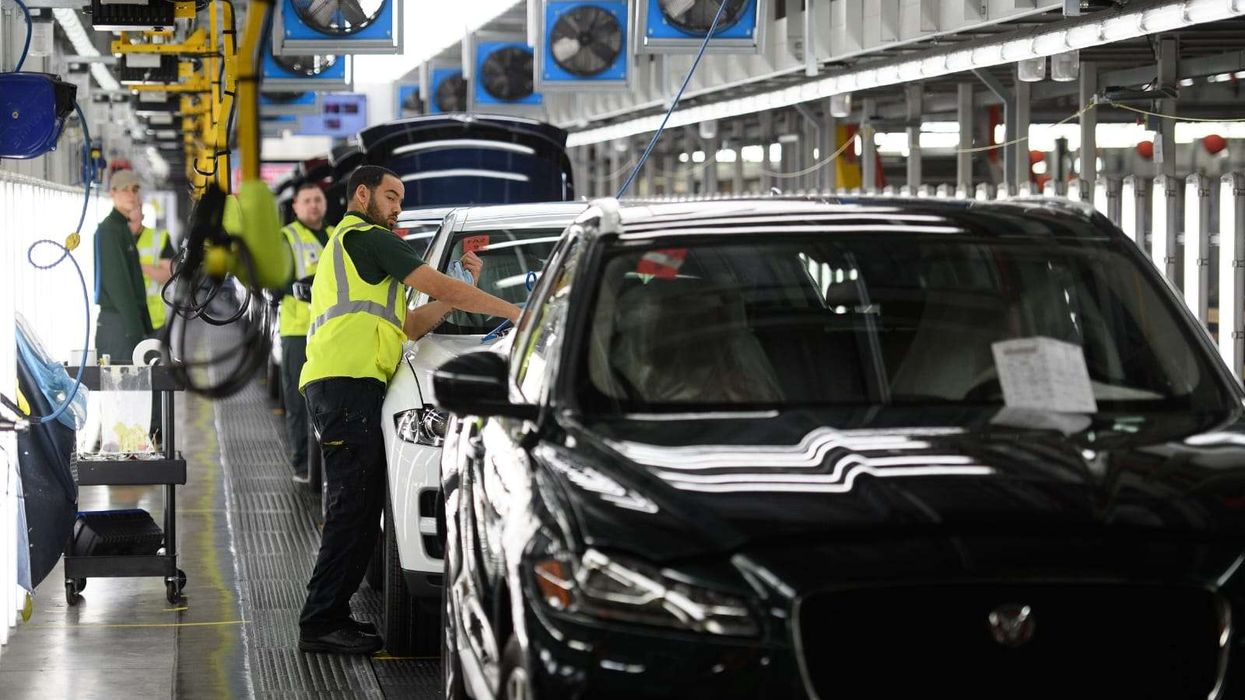Only Goa, Daman, and Sikkim will have legalized online gaming by 2022. Moreover, Sikkim authorizes an online lottery that accepts wagers from Indian players. It was anticipated that additional states will follow Sikkim’s lead, creating a sizable Matka gambling market across all of India.
In order to control Internet gambling, the Indian government has announced new regulations that will take effect in 2023 and create a number of “self-regulatory” organizations to monitor the industry. But, there’s a much deeper connection between gambling and India than we realize.
Indian culture has included gambling ever since the Ramayana and Mahabharata. In India, there were two types of gambling: Aksa and Devana. Indians used to gamble using the Vibhitaka tree’s nuts as dice since it was so culturally accepted. Even taxes were levied on this so-called “gambling” practice in medieval times.
At now, each Indian state does have the authority to regulate gaming separately. States like Andhra Pradesh and Telangana have outlawed online gambling, which most states have permitted since they view it as a skill-based hobby rather than a business. India’s online gambling market income is over US$60 billion per year; consequently, a lot of individuals would like to jump on this online gambling business train using software that incorporates all the technical advances possible.
There’s another way for Indian business owners to launch and manage an Internet gambling enterprise, known as a business through offshore firms. The sole restriction is that you can’t make such gambling websites or apps available to Indian gamers. An Indian entrepreneur can create an offshore corporation to operate the company through gaming licenses in other nations where it’s permitted.
Thus, this is a guidance on how to launch a gaming website in India, mastered by reliable Indian Premier League betting sites, you can now use to wager safely and soundly.
The following are a few things to take into account when creating an app or website for an online betting business in India:
Gaming Software
The most important step in this business’s planning process is selecting a suitable game development firm to create the software for you. It’s ultimately up to a decent game development company to determine how your app comes out.
Choosing the product that perfectly fits your demands will be a difficult undertaking because there are so many possibilities on the market.
Your Online Gambling Business’s License
In India, obtaining a gaming license isn’t mandatory. Yet, getting a license is always regarded favorably. But, in states like Orissa, Assam, etc., you can’t launch an online gambling business plan since these states haven’t legalized gaming. This is unfortunate because it speaks to the integrity and dependability of the online gambling business.
One Indian state, Sikkim, has fair and open laws that have properly authorized gambling.
Payment Gateway
Due to the speed at which participants can conduct transactions, payment gateways are crucial. Therefore, everything must be dependable, and payment gateways must take into account factors like having multiple payment gateways, supporting multiple currencies, allowing fast payments, detecting fraud, utilizing advanced risk management techniques, processing account deposits, processing local banking transactions, and accepting cryptocurrencies like Bitcoin.
For Indian online gamers, the top trustworthy payment gateways are:
- CCAvenue
- Citrus pay
- Direcpay
- payUBiz
- Paytm
- PayUMoney
- Cashfree
- ePaisa
Game App and Website Development
Making decisions on the website and game application development software is the next crucial process. The website serves as your company’s first point of contact. Also, the game’s success or failure will be determined by the software’s functionality and aesthetics. Use the app and website to conduct business.
In relation to it, some key points include:
- More than one language so that a wider audience can be reached.
- Operations’ pace should be just right—neither too quick nor too slow.
- Integration between the back-end and front-end is necessary.
- Supported by multi-operating software like iOS, Android, Windows, Linux, HTML, etc.
Marketing Activities
It’s critical to market your software in several ways. Player recruitment by word of mouth typically takes longer. Use paid advertisements, influencers, various social media accounts, etc. to promote your application rather than relying just on word of mouth.
Another choice is to work with a specialist company that specializes in marketing apps. Among those top businesses are:
- Digital Fuel Marketing
- Kairos Media
- Natalis
- Mustard Digital
- SEO Image
- WeGotGame
- Ruby Digital
- Verkoping
- Spill Media Group
- GODRANK
These businesses offer specific marketing services for an online gambling company plan, including social media strategy, influencer marketing, marketing strategy, gaming and eSports strategy, affiliate management media buying, email and PPC advertising, and relationship management.
Procedure of Testing
The testing phase is a crucial step that many game development businesses overlook. Testing methods include penetration testing, functional testing, exploratory testing, compliance testing, integration testing, regression testing, client compiling, performance testing, rollback path testing, installation and upgrade testing, fail-over testing, and compatibility testing.
Selecting a few of these checks will show you the flaws in your software that must be fixed or repaired in order to be all ready for the full launch.
Post-development Services
Your selected gaming development business should also offer services once your product is released, such as alterations, updates, content management systems, bug fixes, non-repudiation techniques, entity verification, secure multi-party, symmetric encryption, and secret sharing.
Conclusion
These are the necessary requirements that must be met in order to create any simple gambling software and enter the online betting marketplace in India.
Of course, there may be new requirements as the project develops. Yet those must be dealt with immediately, which a skilled game production, which has a large team of engineers and artists working, studio can do. Such a studio should also provide you with audiovisual, gorgeous design, flawless engineering, and traffic-attracting software.












